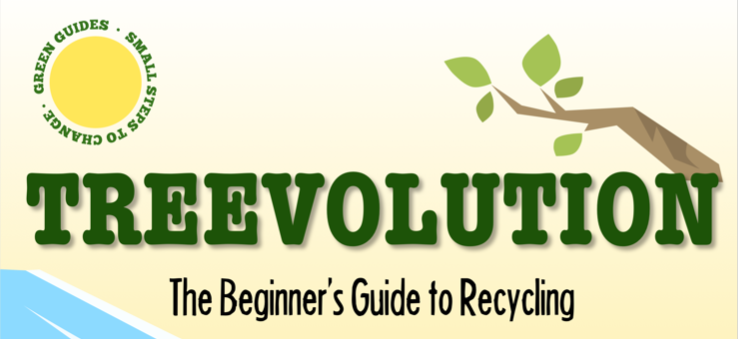Durban activists in fight to end environmental racism
In one of South Africa’s most environmentally challenged areas, there is a group of people who have been trying to make a difference in the community since 1995. We speak to Kershni Ramreddi and Janeira Reddy of the South Durban Community Environmental Alliance (SDCEA), an environmental justice organisation based in the south of Durban which is home to one of the two biggest oil refineries in the country. They’re focused on protesting against harmful industries and fighting for people who have been affected by past environmental injustices associated with apartheid. Here’s a little more about what they do:
When and why was SDCEA founded?
The South Durban Community Environmental Alliance was formed in February 1995 after the various differing community-based representatives in South Durban liaised under a common agreed-up mandate. SDCEA represents the growing commitment of local communities seeking environmental justice and redress of past injustices associated with apartheid.
What kind of work does SDCEA do?
Since 1995, SDCEA has been organizing against oil refineries, paper mills and other toxic industries in Durban in order to contribute to the struggle against environmental racism and working towards environmental justice and environmental health for all.
SDCEA advocates for legislation and measures that prevent pollution and ecological degradation, promote conservation and secure ecologically sustainable development and use of natural resources while promoting justifiable economic and social development.
SDCEA are involved in Oil and Gas Exploration, Pollution and Health, Air and Water Quality, Infrastructure and Development, Renewable Energy and Just Transition, Climate Change and Livelihoods, Youth Development/Environmental Education and Community Empowerment.

Via SDCEA Facebook page
What are some of the environmental problems unique to the south of Durban?
The South Durban Basin is the industrial hub of Durban, KwaZulu-Natal. It is home to one of the two biggest oil refineries in South Africa. It is overwhelmed with petrochemical companies as well as wastewater treatment works, numerous toxic waste landfill sites, a paper manufacturing plant and a multitude of chemical process industries. In total, the South Durban area contains over 120 industries, including the two oil refineries. This petrochemical basin overburdens low-income communities with environmental pollution and public health costs.
A major concern in the area is the effects of air pollution on human health and ecology that are caused by the emissions of unacceptable levels of toxins, chemical waste and a large content of sulphur dioxide, which are characteristic of industrial processes and activities.

What kind of issues is SDCEA tackling at the moment?
SDCEA continuously struggles for clean air, water and soil and for the alleviation of environmental racism and poverty. The people of South Durban are SDCEA’s target audience as they are immersed in the polluted basin and directly affected by the numerous negative consequences. The South Durban community recognizes the problematic nature of hard evidence connecting the polluters (petrochemical industries) to localized health problems. SDCEA is tackling many Oil and Gas Exploration industries that are applying for seismic surveys to be done on the South African coastline.
How can people help or get involved?
If you are passionate about environmental justice, we would love for you to be a part of the SDCEA team. Our volunteers and interns gain valuable environmental, social and community experience and skills. They also have the opportunity to network with activists from different walks of life and countries.
SDCEA hosts many events throughout the year, members of the public can get involved and attend these events. Events are regularly posted on our social media.

What’s next for SDCEA?
The goals and objectives of the SDCEA have always been to uplift and educate the community on performing an educational role in promoting an understanding of the inter-related nature of social, political, environmental and economic factors limiting or enabling the achievement of a sustainable, equitable and just society to promote the wise use and conservation of natural resources.
SDCEA is on the road to success. There have been many speedbumps along the way but SDCEA’s drive and perseverance continues on. SDCEA will continue to fight for the people and the environment, and reach levels of local and national stakeholders to create more awareness and impacts. SDCEA is also thriving on its social media allowing more people to get involved and become aware. The involvement of schools and the youth is one of SDCEA’s newest target, as we feel that the youth are crucial for the future and environmental education is vital, especially at a young age and in rural communities.
Keep an eye on the SDCEA social media channels for more information:

